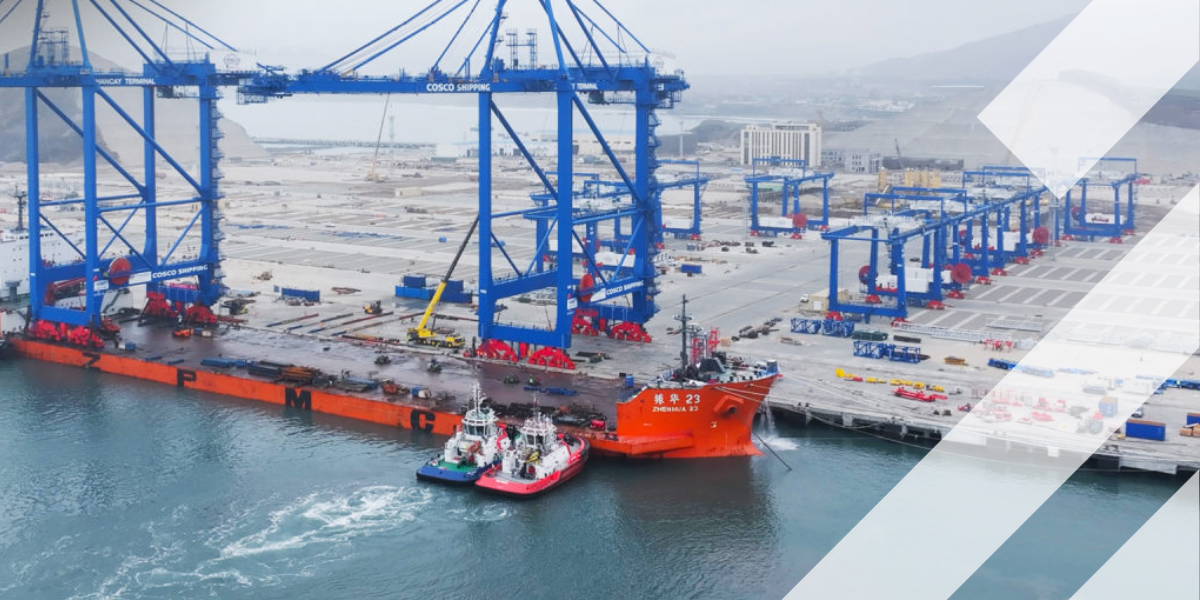Michael Glotz-Richter tells Intertraffic about how carsharing in EU-funded urban mobility projects has ultimately led to a whole new mode of travel.
When walking through Brussels and seeing one of the many cambio car sharing stations, it’s likely that very few European Commission officials are aware that the car sharing service with more than 60,000 users all over Belgium has its roots in an EU-funded project. Michael Glotz-Richter, Senior Project Manager for Sustainable Mobility at the Free Hanseatic City of Bremen’s Ministry for Climate Protection, Environment, Mobility, Urban Development and Housing, talks to Intertraffic about the potential for car sharing schemes have to change the face of urban mobility.
Sharing experience on car sharing
“The motherland of modern car sharing is Switzerland,” he says. “There, sharing cooperatives have been active for decades, serving as inspiration for car sharing grassroots initiatives in the German cities of Berlin (1987), Aachen and Bremen (1990). The city of Bremen discovered quite early the potential of car sharing to relieve parking problems in urban neighbourhoods and began supporting the development of car sharing.”
As all European cities face issues of limited street space, it was just a question of time before European projects became a means to exchange experiences and to jointly develop strategies for integrating car sharing into urban mobility plans.
The motherland of modern car sharing is Switzerland where sharing cooperatives have been active for decades, serving as inspiration for car sharing grassroots initiatives across Europe
Moses brought car sharing to Belgium and London
In 2001, the European FP5 project Moses (mobility services for urban sustainability) started as one of the first European transport projects focussing on the impacts and the integration of car sharing into transport strategies and into urban development. The Moses project showed the potential for urban developments to save construction costs and reduce space consumption by integrating car sharing instead of providing car parking spots. At the same time, the “Bremen paper” of the Moses partner UITP showed the supplementary integration of car sharing with public transport. Hans Rat, UITP Secretary General, stated in the Moses project, “Car sharing is the ideal complement to public transport in providing environmentally friendly mobility.”
“As an FP5 research project, Moses delivered scientific analysis and strategic papers,” Glotz-Richter explains. “For the European development of car sharing, the Moses project laid a foundation of scientific-based knowledge and practical insights – also transferring the car sharing experience from Bremen to other European cities. Most importantly, Moses made the step from research to practical action: it was a kick-off for car sharing for cities in Belgium and Italy and also in London.”
The experience of the Bremen operator and the support from the City of Bremen served as a blueprint for the newcomers in other cities. The Belgian operator was able to start with a basis of 12 years’ practical experience gained in Bremen and other German cities – especially in the area of customer service.
The experience of the Bremen operator and the support from the City of Bremen served as a blueprint for the newcomers in other cities
Understanding customer needs
“In the last 15 years, various car sharing operators have been founded with good financial backing but expectations and strategies that did not necessarily meet the needs of the market,” Richter adds, with a cautious tone. “Big companies got involved from the oil industry (e.g., Shelldrive), the motor industry (e.g., Car2Go, DriveNow, Spotcar, Quicar, Multicity), the car rental industry (Urbigo by Hertz) and through capital venture funding (e.g., citeecar). Despite the strong financial backing, none of these companies made it. At the same time, cambio Belgium saw steady market-based growth, and is in the black.”
The momorandum: how European cities could save €9 billion
Interest in car sharing has grown in European cities. In 2008 development was concentrated mainly in Switzerland, Germany, the Netherlands and Italy. However, that same year the European momo project (More Options for Energy efficient Mobility through Car-Sharing) started, funded by the EU programme Intelligent Energy for Europe. Based on analysis of the development in various European countries, momo’s recommendations showed a path to further exploit the potential of car sharing in Europe .
“The insights of the momo project were presented in its momorandum ,” Glotz-Richter remembers. “It found that, based on the density of car sharers in Switzerland, there was the potential of 6 million car sharers in the EU27, meaning Europe’s cities could be relieved of the burden of accommodating roughly 600,000 cars. End-to-end, this would be a row of cars stretching from Stockholm to Madrid. To accommodate so many cars in parking garages would require an investment of €9 billion.”
Based on the density of car sharers in Switzerland, there was the potential of 6 million car sharers in the EU27, meaning Europe’s cities could be relieved of the burden of accommodating roughly 600,000 cars
Obstacles to increased car sharing were identified and named. According to the momorandum, ‘Inadequate political conditions have been identified as a barrier to the expansion of car sharing. This includes an as yet non-existent legal basis that would allow for Car-Sharing stations in public street space. It also includes contradictory, and sometimes even counter-productive, political signals as well as support programmes and subsidies for car ownership that are implemented to the detriment of Car-Sharing growth in many countries.’ (5)
In 2009, the City of Bremen adopted a Car Sharing Action Plan, setting ambitious targets of quadrupling the number of car sharers between 2009 and 2020, and defining the key fields of municipal action. One of the actions taken by the City of Bremen was further development of its idea of the mobil.punkt. This was the implementation of on-street car sharing stations in neighbourhoods close to where people live (or work), making car sharing stations easy to reach and visible, and providing a guaranteed spot to park the car after use (see Is Car Sharing Part of the Solution To Urban Mobility Problems?).
In 2009, the City of Bremen adopted a Car Sharing Action Plan, setting ambitious targets of quadrupling the number of car sharers between 2009 and 2020
Says Glotz-Richter: “The Bremen car sharing strategy was selected as an Urban Best Practice and became part of the 2010 World Expo in Shanghai, which was presented under the motto, ‘Better city, better life’. The Bremen pavilion hosted several international workshops on urban mobility, and also became a point of interest for Chinese transport planners and policy makers. In Europe, Bremen’s Car Sharing Action Plan became a blueprint for other cities; for example, Filip Watteuw, Deputy Mayor for Mobility, Public Space & Urban Planning in Ghent adopted and adapted the Bremen strategy.”
SHARE-North – lighthouse project of car sharing knowledge transfer
The Interreg North Sea project SHARE-North (2016-2022) focussed on shared mobility as an integral aspect of sustainable mobility. The Bremen mobil.punkt experience was transferred and adapted to different conditions – including smaller towns. The mobipunt became a centrepiece for multimodal mobility services in Belgium and as a partner in the SHARE-North project, the Norwegian city of Bergen took on the design of the Bremen mobil.punkt and started its own version, mobilpunkt.
The key insights of the SHARE-North project are summarised in the publication A Planner’s Guide to the Shared Mobility Galaxy” , providing practical guidance for cities, transport planners and policy makers.
Looking to the future, the project SHARE North² kicked off in February 2023 . It focuses on urban space – particularly in connection with housing development – and will continue the cooperation within the North Sea Area on advanced mobility solutions. Workshops and guidelines will enable partners within, and interested parties outside the project, to benefit from research, practical experience and insights of the project.
The project SHARE North focuses on urban and will continue the cooperation within the North Sea Area on advanced mobility solutions.
Car sharing and European policy
“It is safe to say, without European projects, car sharing would not be as advanced as it is now,” concludes Glotz-Richter. “On the other hand, there is still work to be done. For example, although car sharing can help to reduce demand for parking space in cities, it has yet to be mentioned in key European transport policy papers. As early as 2011 the momorandum stated, ‘Despite the fact that reorganising the allocation of valuable space in our cities could lead to massive improvements in urban quality of life, European transport policy has not addressed the question of car ownership.’” Glotz-Richter suggests that now would be a good time to support the integration of car sharing into European projects, including assisting cities to integrate car sharing into their Sustainable Urban Mobility Plans (SUMPs).
It would also be a good time to acknowledge the huge potential of car sharing in relevant European Commission policy papers.
Michael Glotz-Richter is Senior Project Manager for Sustainable Mobility at the Free Hanseatic City of Bremen’s Ministry for Climate Protection, Environment, Mobility, Urban Development and Housing.




